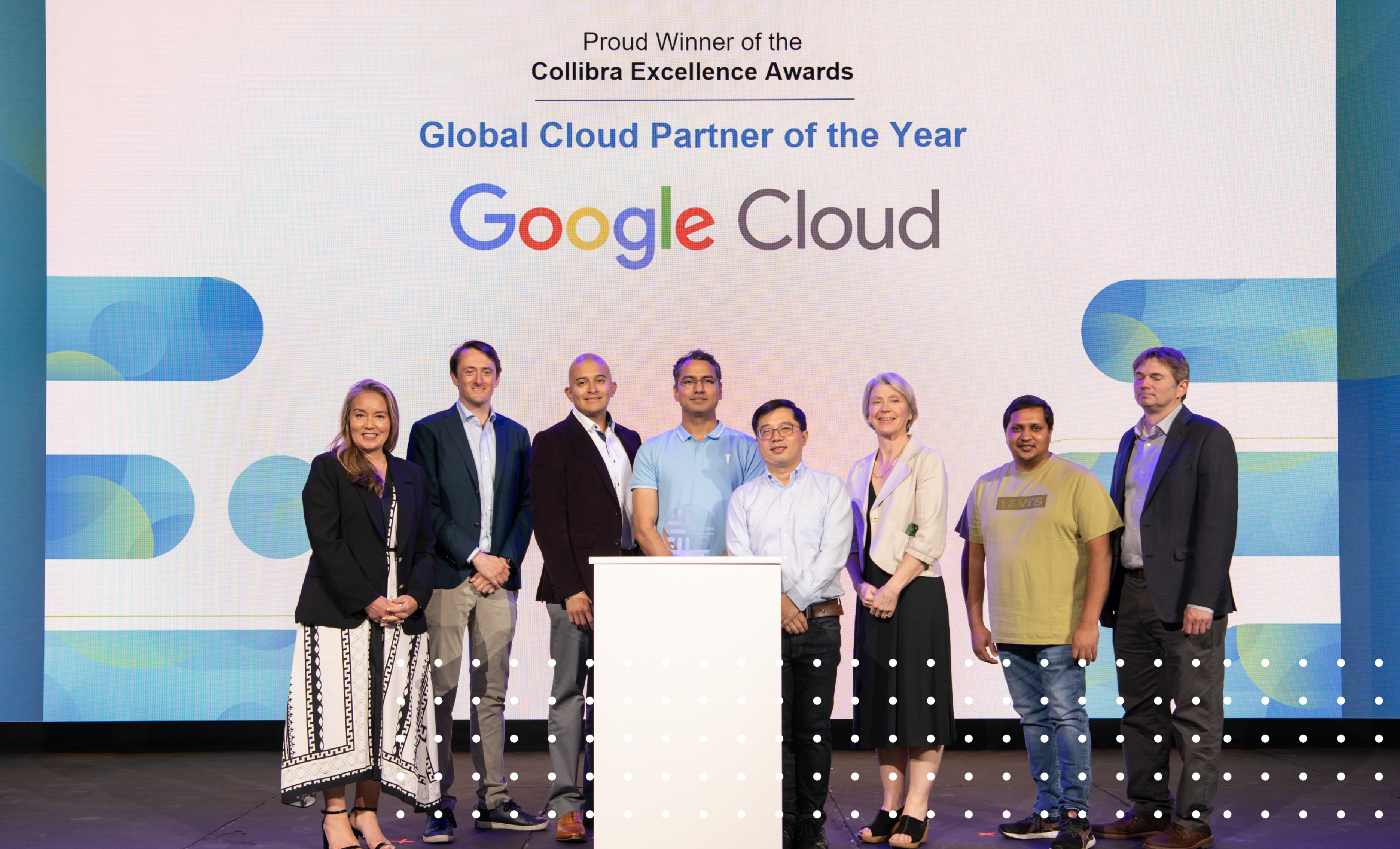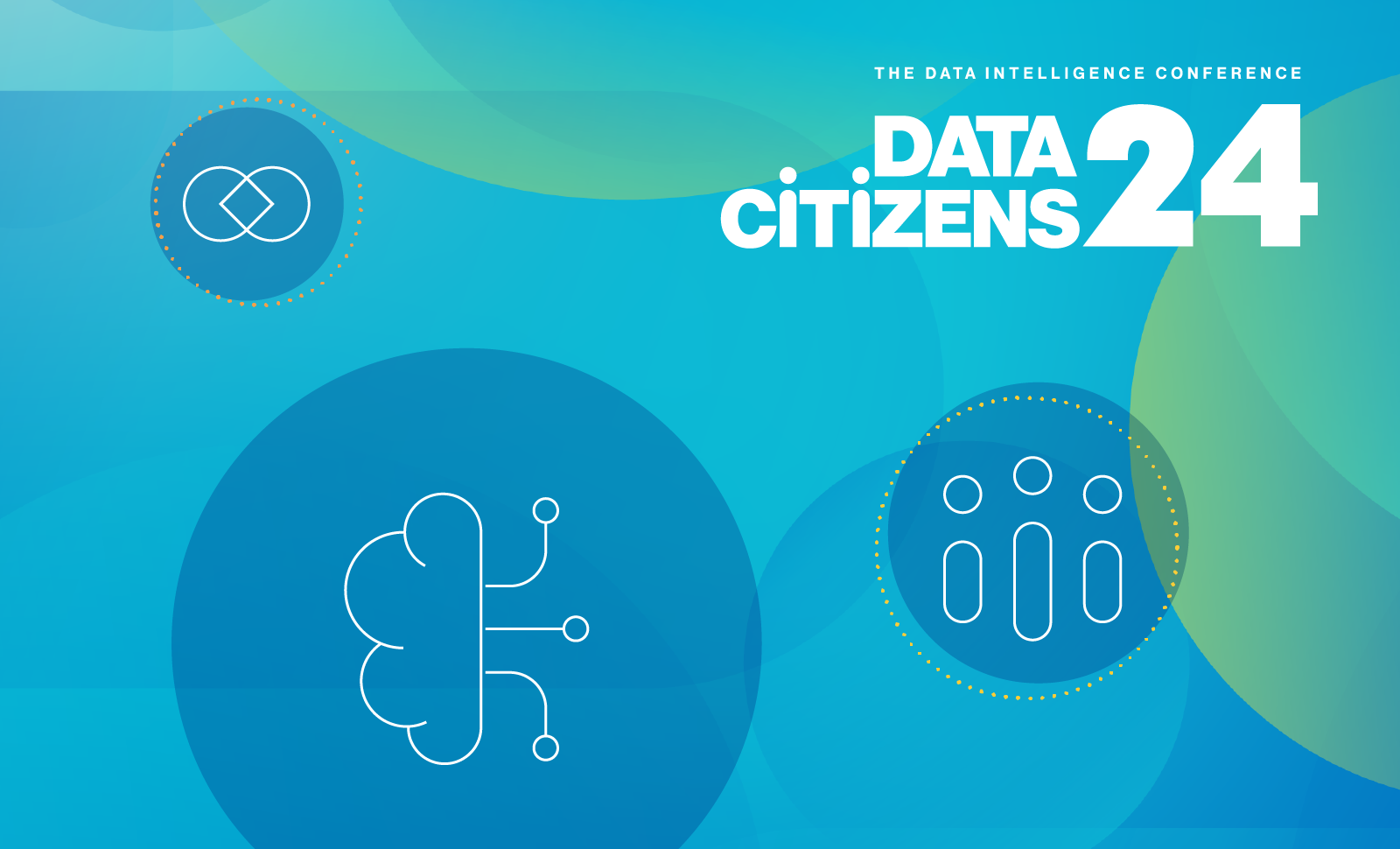A positive feedback loop for building a data culture
As my fifth anniversary as a Collibrian approaches, what I believe best characterizes our activities as an organization is the fact that we have been at the forefront of the data revolution. A revolution that promises to make data available for informed decision making and protect the rights of data citizens and promises to build an inclusive data culture in an organization. Over the course of these years, I have developed a framework that I have been using to advise data teams and their stakeholders when it comes to the composition of the tools that they use to rollout their data governance, and data stewardship programs. Data teams and their stakeholders include, but are certainly not limited to CDOs, members of the data office, business process owners, data stewards, information architects, data architects, report delivery teams, and more.
What I would like to do in this blog series is to provide CDOs and data teams with a framework that they can use to validate their decisions around setting up the processes of data management and the technologies to help them run and sustain the data program. With this background, let’s set the first goal for the data organization:
“Data Value: Our data should save or make us money”
Focusing on goals such as the above is the only way to define and run a sustainable data program. Keeping an eye on the data value and measuring monetary impact helps accelerate the process of securing funds for the data program and establish the data program as a business function in the organization.
Depending on the industry in which you are and the pressing needs of your organization, data value presents itself in various use cases. Here are some examples:
- The need for certified reports for resource planning and optimizing refunds
- The need for analytics for customer engagement, customer satisfaction, next best action
- The need for banks to control their credit risk as a response to the 2008 financial crisis and in light of regulations such as BCBS 239 and CCAR
- The monetary impact of data quality issues in business processes
- The need for protection of personal data, in light of regulations such as GDPR
- Facilitate access to market data while making sure we don’t overpay for them
- And the list goes on
The question now is: “How can the data organization achieve their first goal i.e. data value?” Well, I am going to argue that the first goal can only be achieved if the data organization sets another goal as follows:
“Data Trust: Data citizens should trust our data”
Many of the use cases that are mentioned above are directly related to data trust. For instance, in the case of the BCBS 239 regulation, the regulator, as an external data citizen, is demanding proof around the risk data aggregation practice so they can trust a bank’s risk exposure reports. The same reasoning applies for GDPR and most other regulatory compliance drivers of the data program. As this series continues, I am going to define different categories of data citizens and provide supporting arguments for my claim, especially for the less obvious use cases such as customer satisfaction, resource planning, and next best action scenarios. What’s more, I will describe what data citizens need in order to achieve data trust.
What I would like you to remember from this blog post is the fact that the data organization should set the following goals to measure their performance if they want to unlock the full potential of their organization’s data:
- Data value: our data should save or make us money.
- Data trust: data citizens should trust our data.
Allow me to be clear. Even though these goals are simple, it doesn’t mean that they are easy to reach, especially in large and complex organizations. The road to achieving these goals is intense, yet rewarding I’m sure.




